How to Recycle Corks
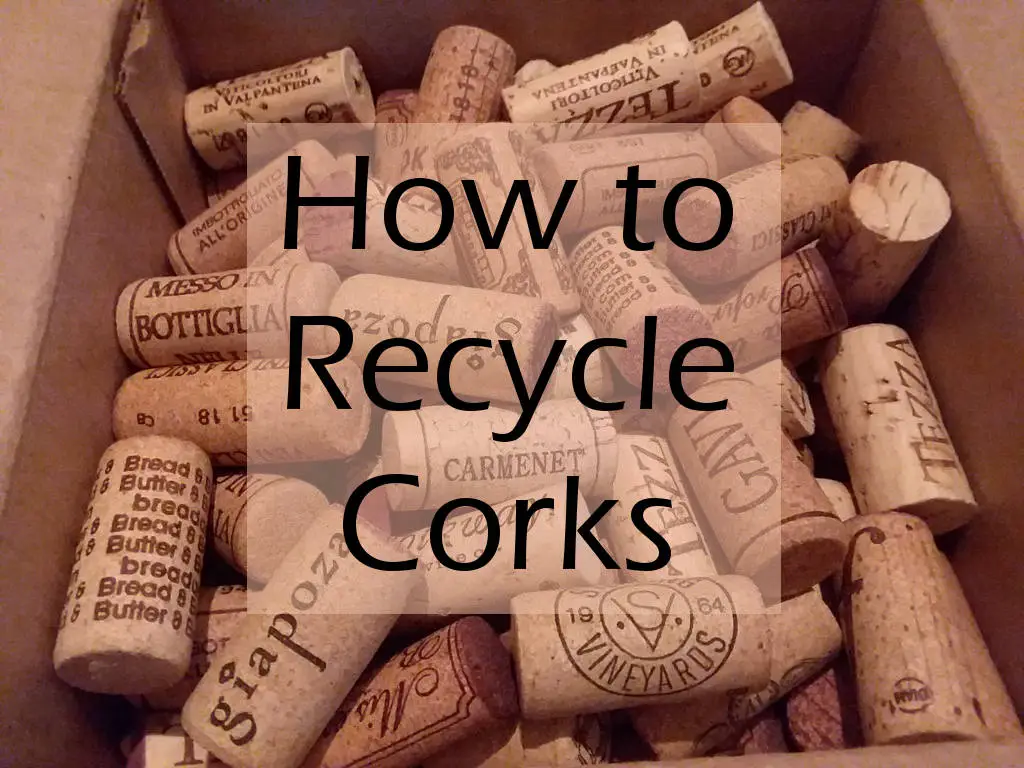
How to Recycle Corks
Disclosure: This post contains affiliate links. That means that if you click on one of them and make a purchase, I may earn a commission. Thanks for your support!
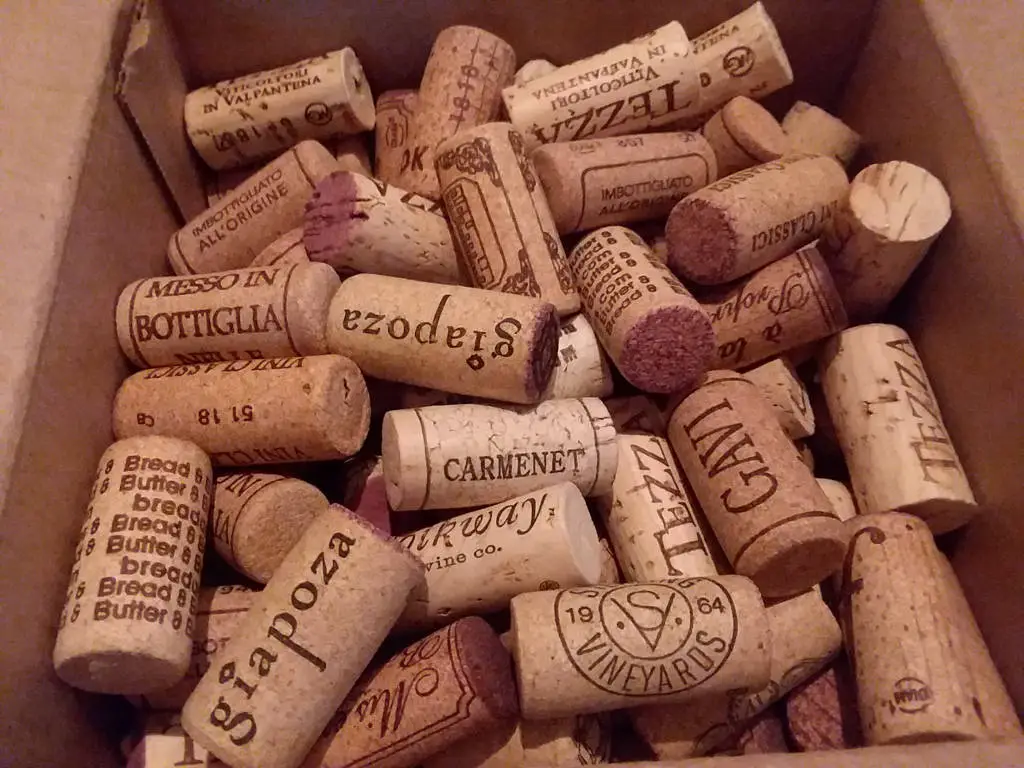
Article updated: Feb. 15, 2021, Originally posted July 10, 2020
Whenever we open a bottle of wine, the used cork gets thrown into the silverware drawer where they accumulate around the cutlery organizer tray. (I don’t know why we throw them in there, we just always have.) Then at some point the drawer is overflowing with corks and we are forced to confront our life decisions. But also I have to figure out, now what do we do with all these corks? You may also be wondering if you can recycle corks.
There are some options for ways to reuse and recycle corks, but it’s not as simple as throwing them in your recycling bin. I’ll explain.
Is It Real Cork or Plastic?
Before you do anything with those corks, the first thing you need to determine is whether they are real cork or synthetic/artificial cork (i.e. plastic). It’s pretty easy to tell by feel and appearance. A plastic cork feels smooth and kind of plastic-y and rubbery. The artificial cork also tends to look a little shiny, whereas the real cork does not. Here is a typical plastic cork next to a real one:
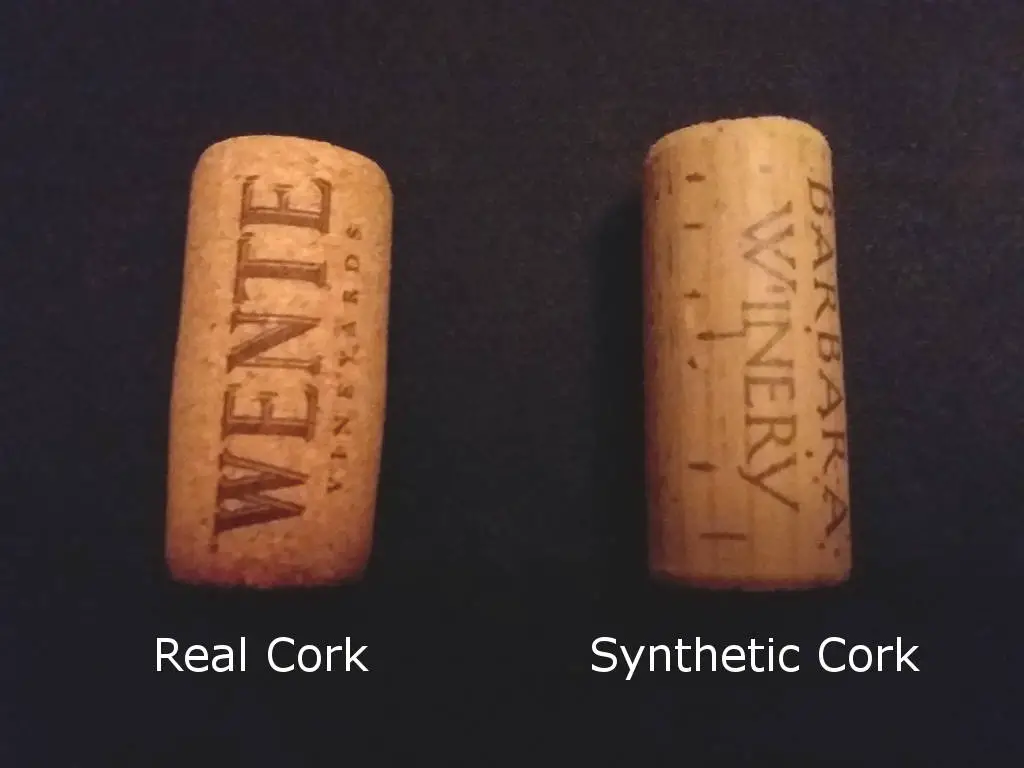
Can You Recycle Plastic Corks?
Some plastic corks will say “100% Recyclable” on the side. However, they don’t say how or where you can recycle them. (Almost anything is technically recyclable but just try finding anyplace that will take it.)
It’s unclear what type of plastic these corks are even made out of. Some are marked as biopolymers made from plants and may have some climate benefits because the plants absorb a high amount of carbon dioxide which is then sequestered in the cork itself. But just because it’s made from plants doesn’t mean the cork will break down like regular organic materials in your compost. It is still basically plastic.
Check out: Biodegradable vs Compostable – What’s the Difference?
The size is also an issue. Even if the plastic type was desirable, if your community does commingled recycling like mine does (where everything goes in one bin), small pieces of plastic like this are problematic. See my article about recycling pill bottles for an explanation about bottle sizes and why they matter in the sorting process. Ask your community recycling program, but most likely they don’t want these in your recycling bin.
Recycling Natural Cork
With real, natural cork, you have some options.
- Give them to an upcycler. If you live in a larger city, there is a good chance that you have an upcycling group or shop near you where they take excess materials from people and resell or redistribute to makers and crafters who use them in upcycled products. Google “upcycle shop” or “reuse shop” and ask around. Or offer them up on Freecycle. Cork is very popular with crafters and most likely someone will be happy to have it. (Most crafters prefer natural cork, so be sure to specify if yours is plastic or a mix of both plastic and natural corks).
- Find a cork dropbox. There are a couple of organizations that take natural cork for recycling via dropboxes in stores. ReCORK is an organization that takes used corks and repurposes them into new materials, such as cork-soled footwear and yoga blocks. You can put your zip code into their cork dropbox locator map to see if there is a drop-off location near you. The Cork Forest Conservation Alliance is another organization that works with companies that are making new products from reclaimed cork. Check their Find-a-Cork-Dropbox list for drop-off locations.
- Sell them! Crafters who make stuff from corks will pay for them. Want to buy corks? I sometimes have used wine corks for sale in my Green and Grumpy Etsy Shop.
- Compost them. If you can’t find anyone to take your wine corks off your hands, cork is a completely organic product that comes from trees, so you can throw them into your compost pile and they will break down over time. They may take a while, you can crush them up if you want to speed up the process. Just make sure they aren’t the plastic kind!
- Plant with them. Ground up cork is apparently great for orchids and you can also put it in the bottom of plant pots to improve drainage.
How to Recycle Plastic Corks
The only option I know of for recycling synthetic/plastic/artificial cork is through Terracycle’s zero waste box program. You buy a collection box for particular type of waste (in this case, corks, they accept both synthetic and natural) and once filled, you ship it back to Terracycle and they recycle the cork. This is probably only a good option if you work in a business that generates a LOT of wine corks. Otherwise, you’ll just have to throw out the plastic ones.

If you want to avoid buying wine that uses plastic corks, use the handy search tool by ReCORK to find out before you buy!
Cool Cork Crafts
Want to keep some corks out of the landfill and support artists and crafters that use upcycled materials? Check out this amazing cork artwork by Napa Art Cellar!
If that’s out of your budget, this upcycler makes fun and affordable trivets, wall art, monogrammed letters and more from used cork.
Or create your own cool cork stuff! Check out these fun cork craft ideas from Nectar of the Vine.
Related: Cool Recycled Jewelry Ideas!

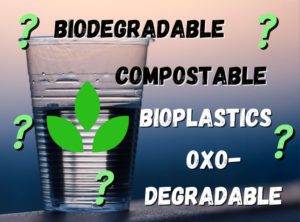
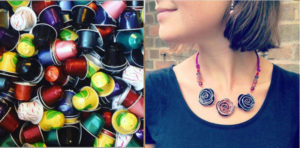
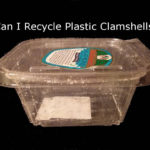

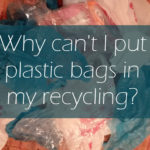

Thanks for the info!